|
New
Releases |
January 16, 2026
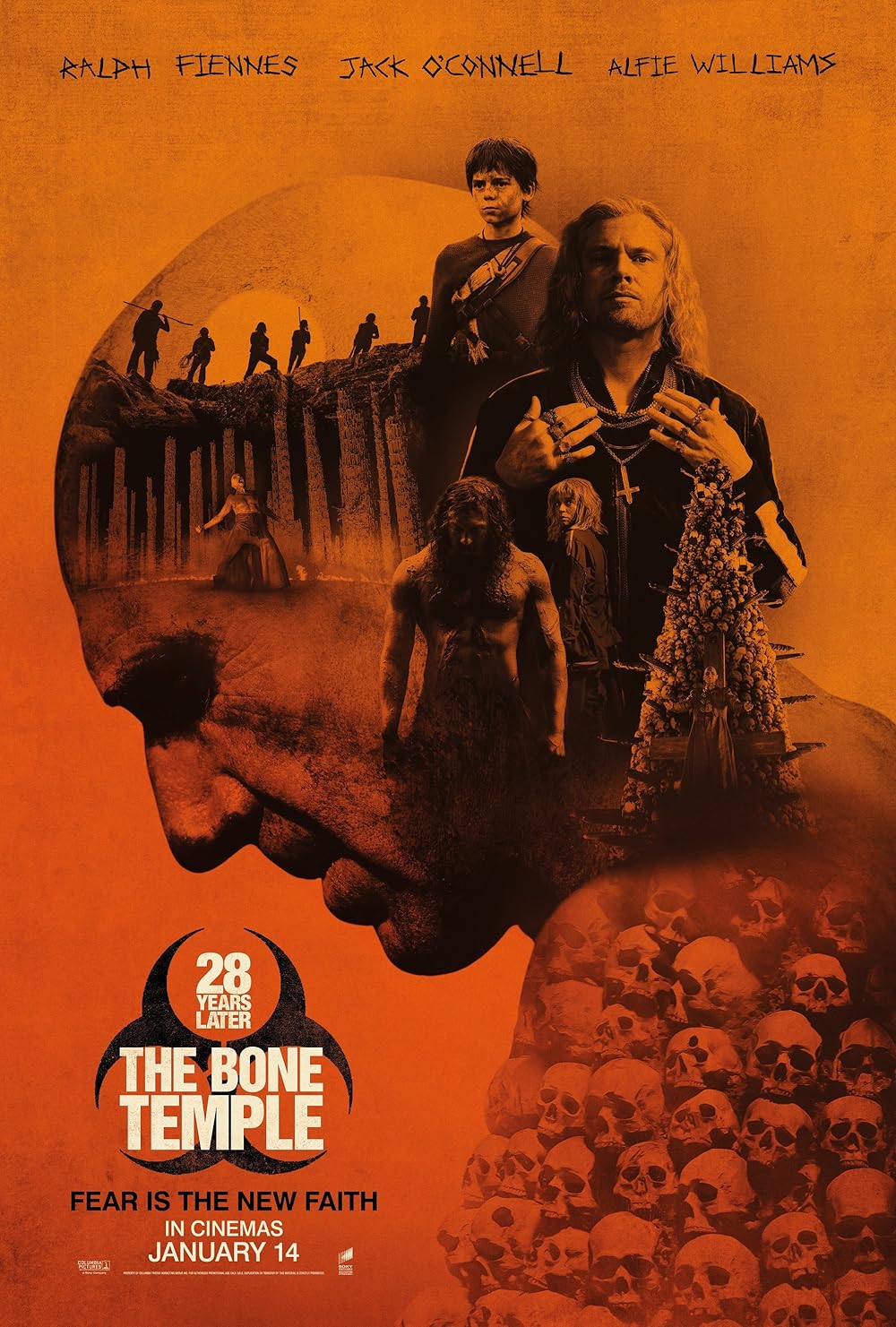
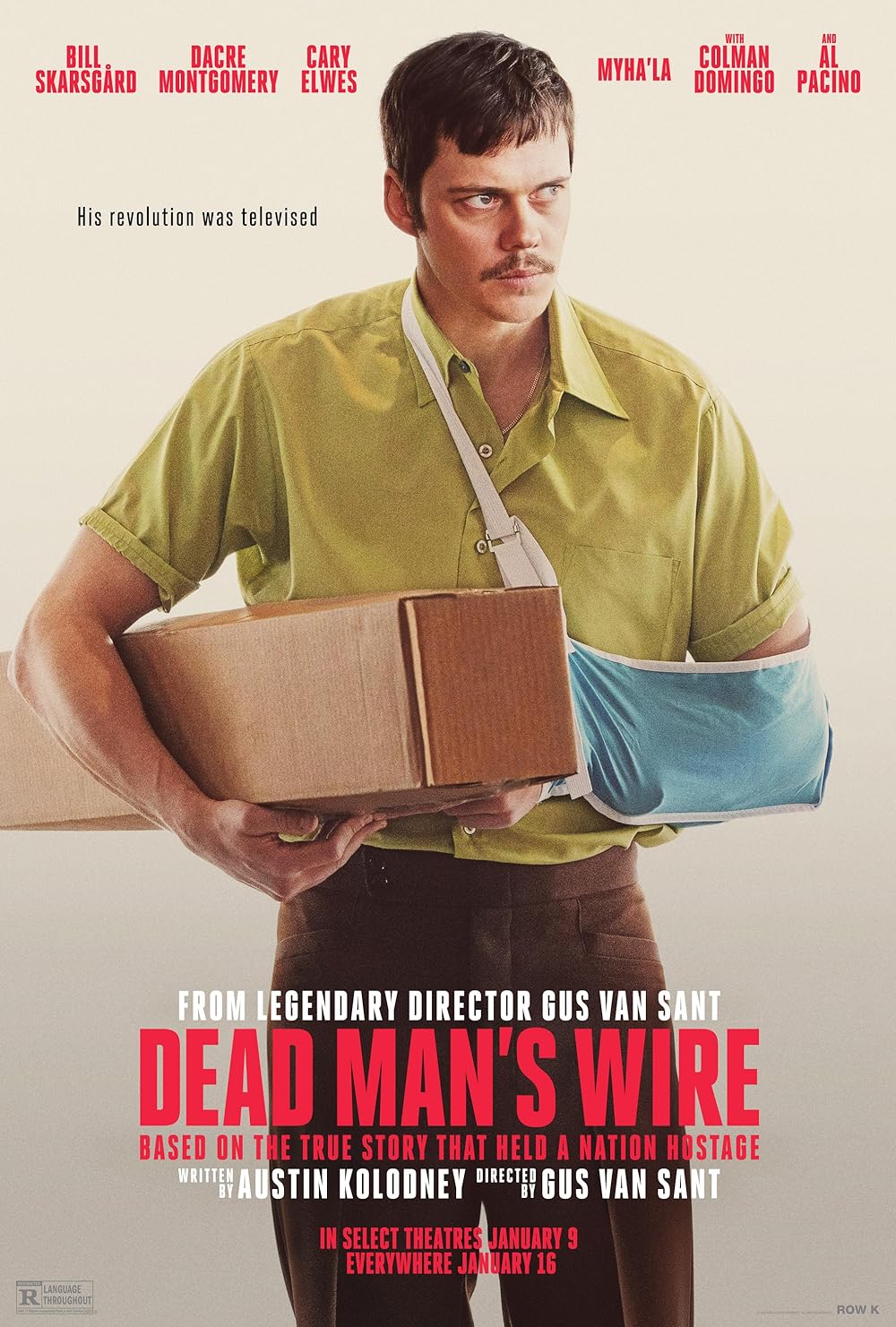

 |
January 9, 2026

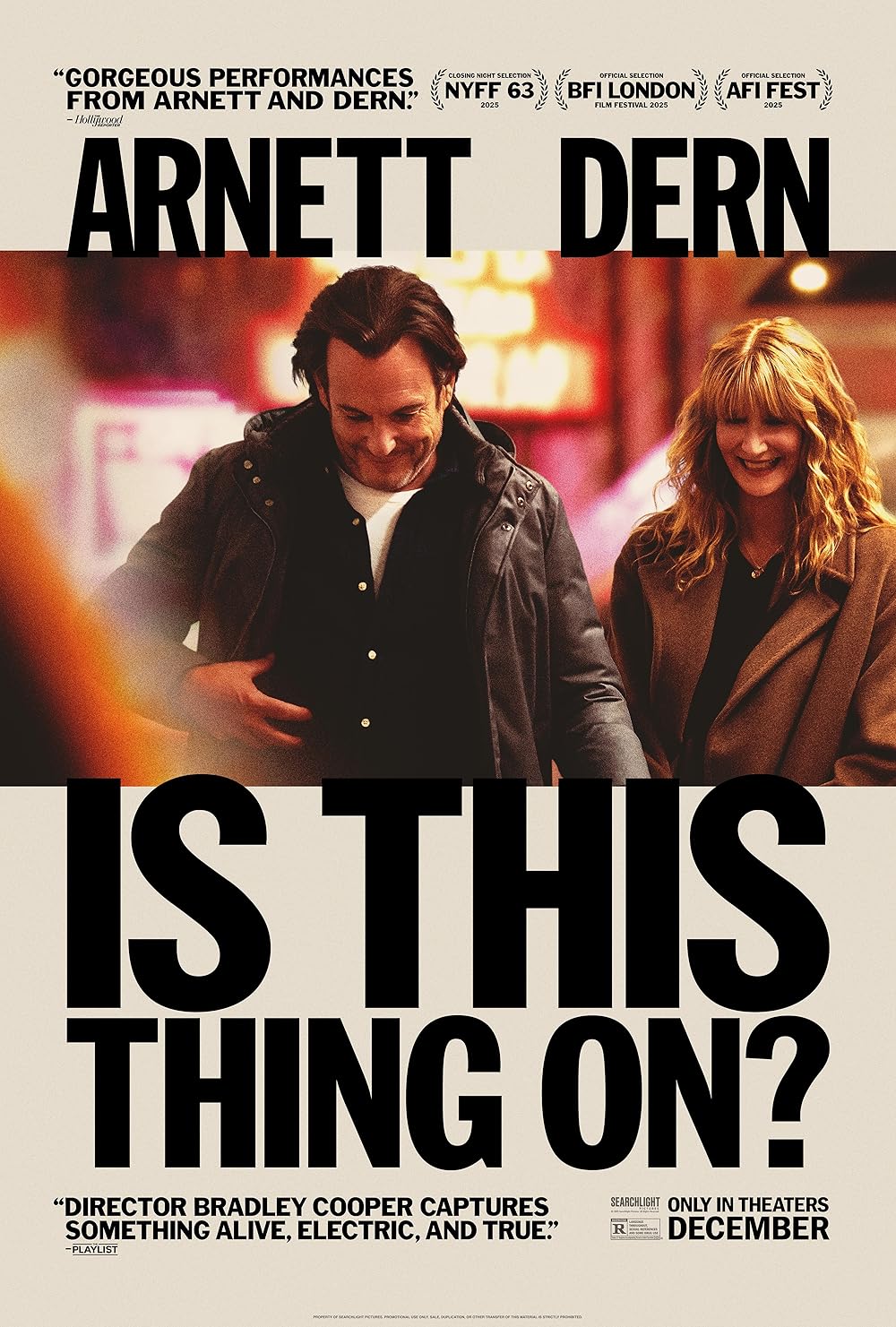 |
January 2, 2026

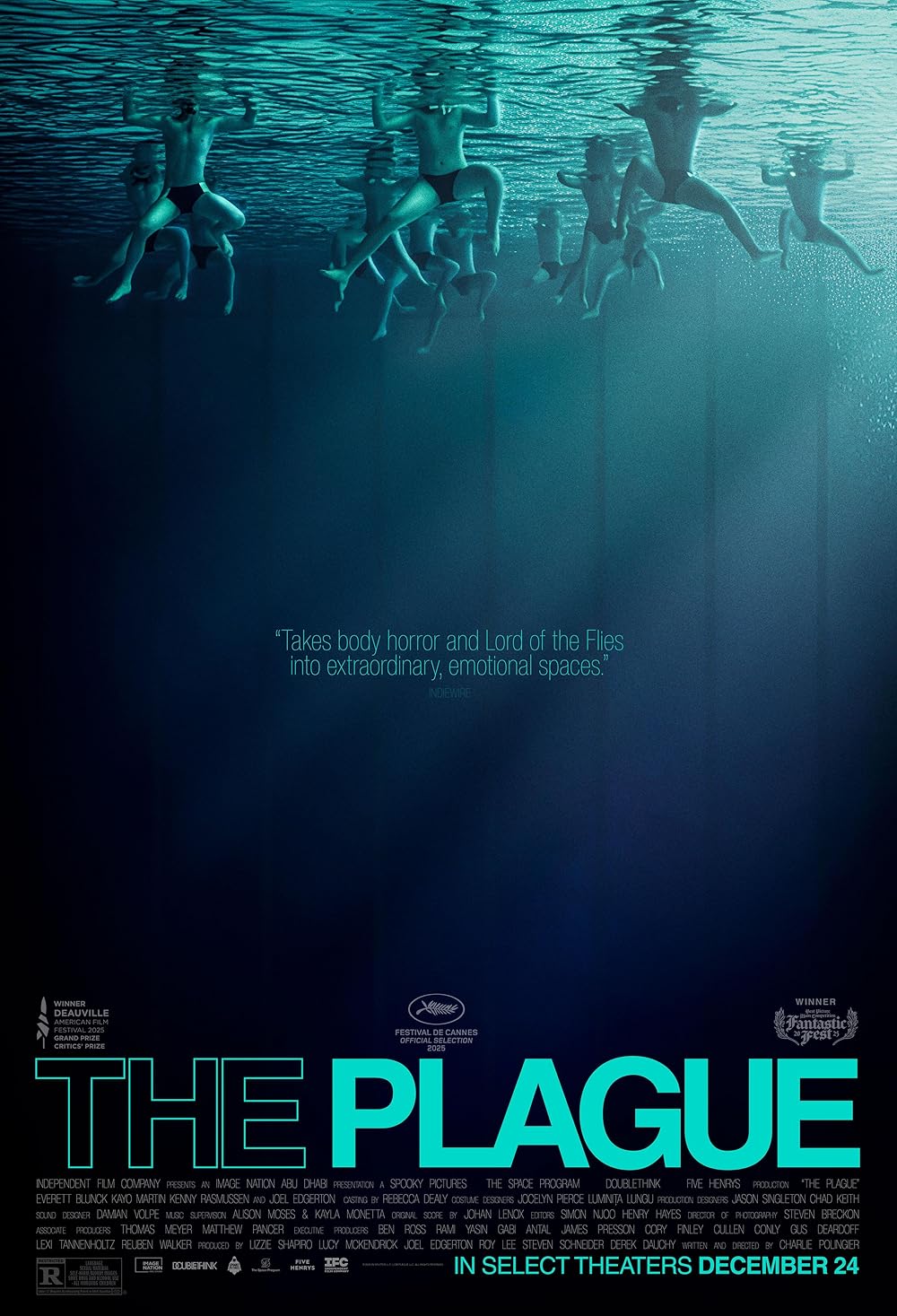
 |
December 26, 2025

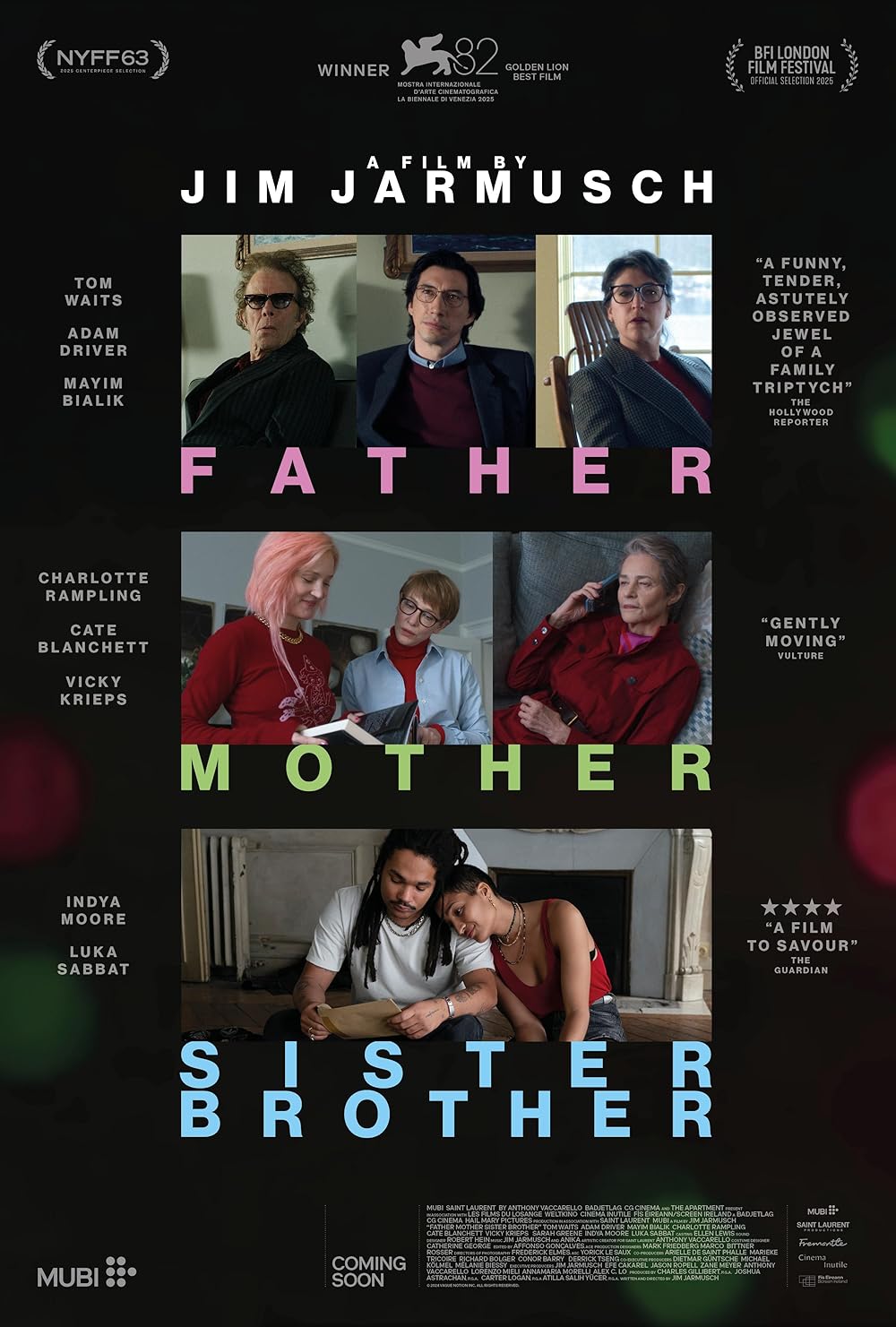



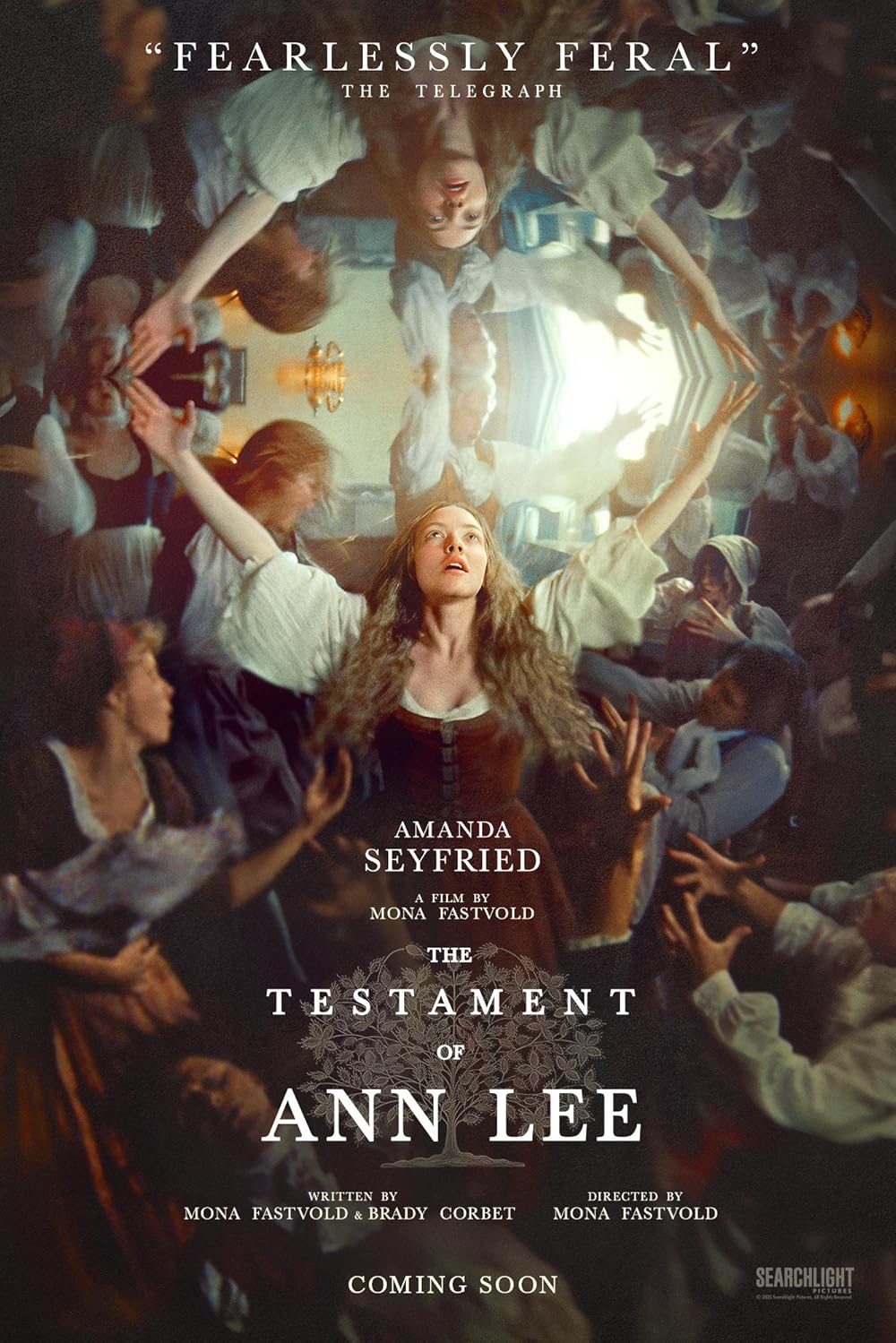 |
December 19, 2025


 |
December 12, 2025
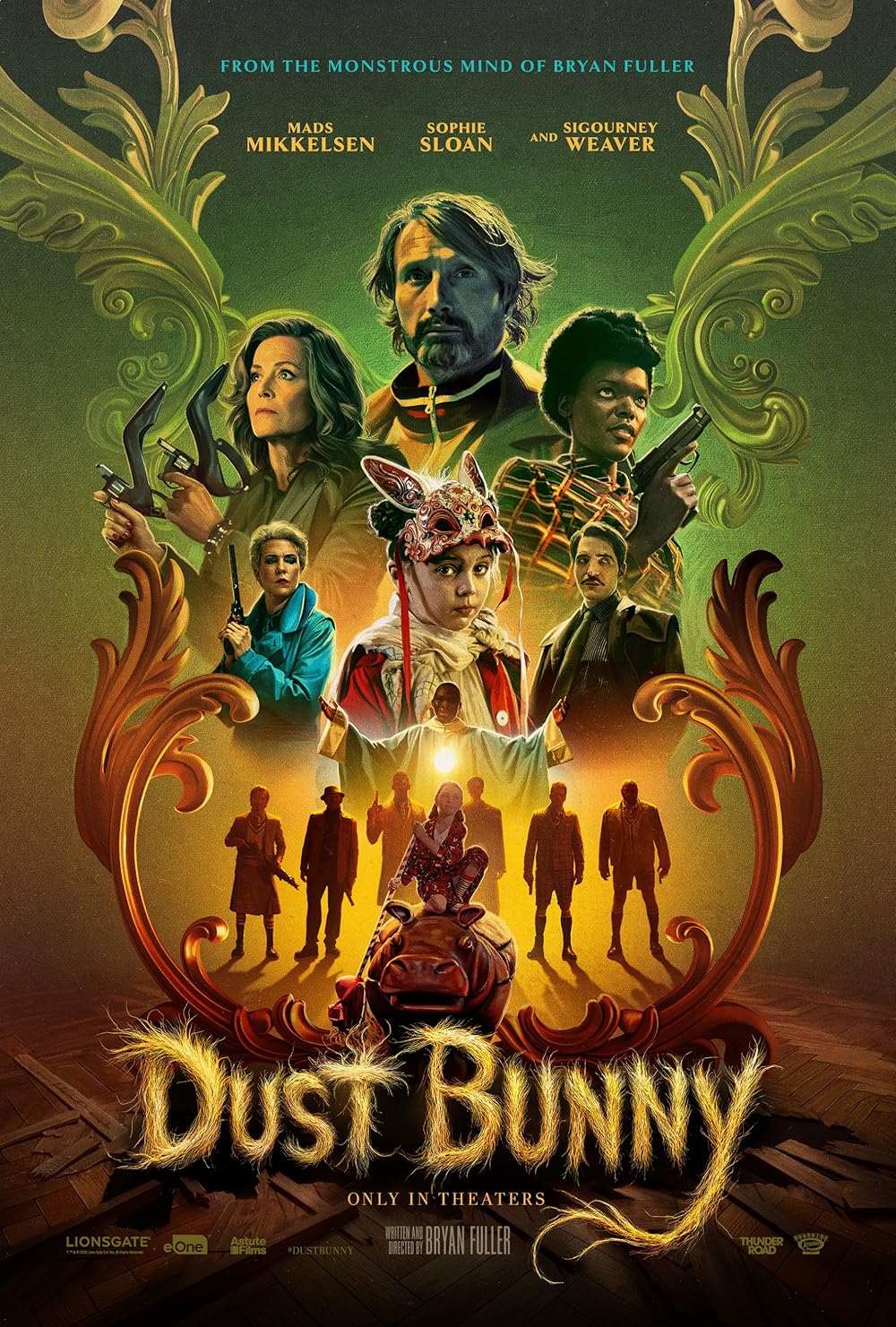
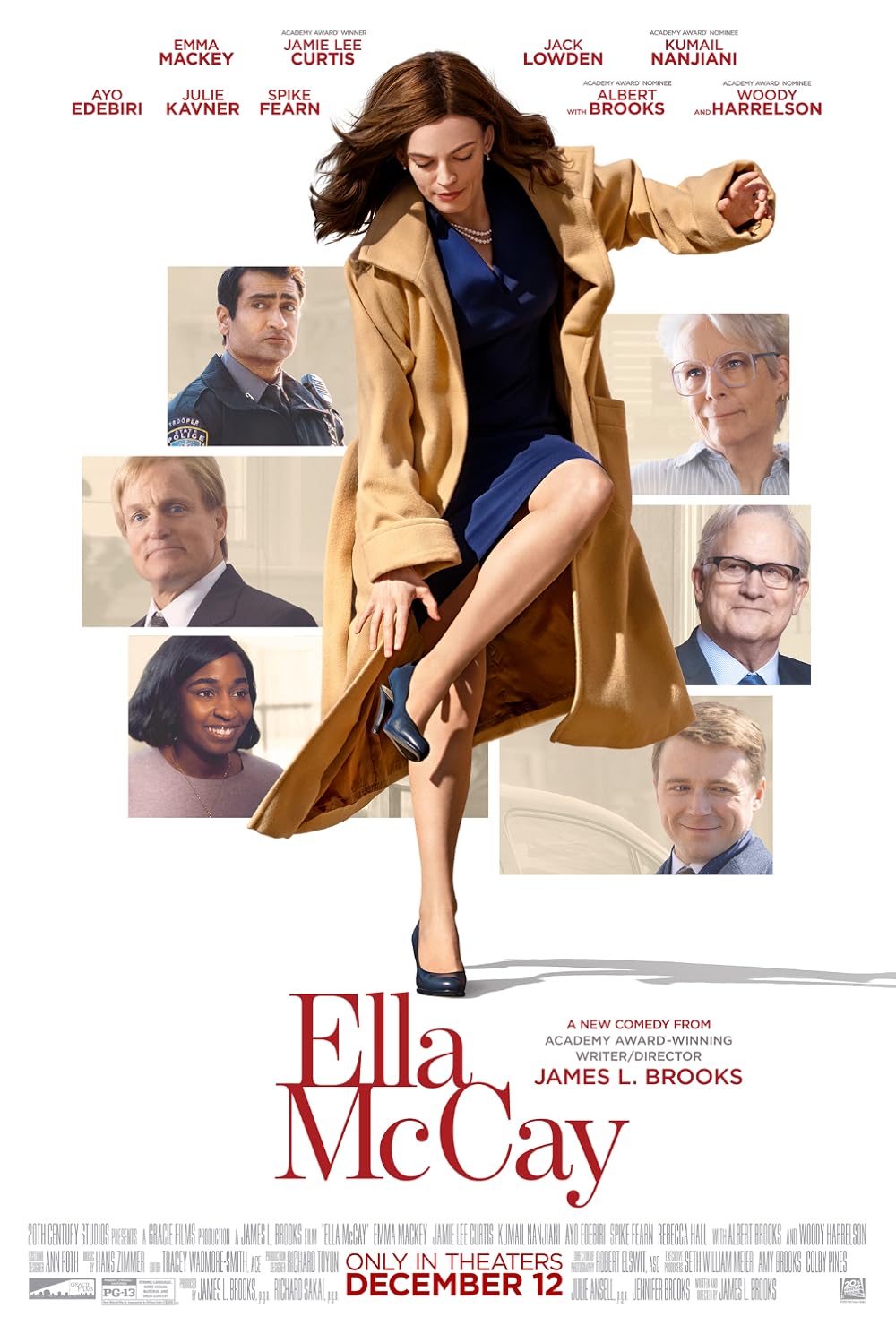
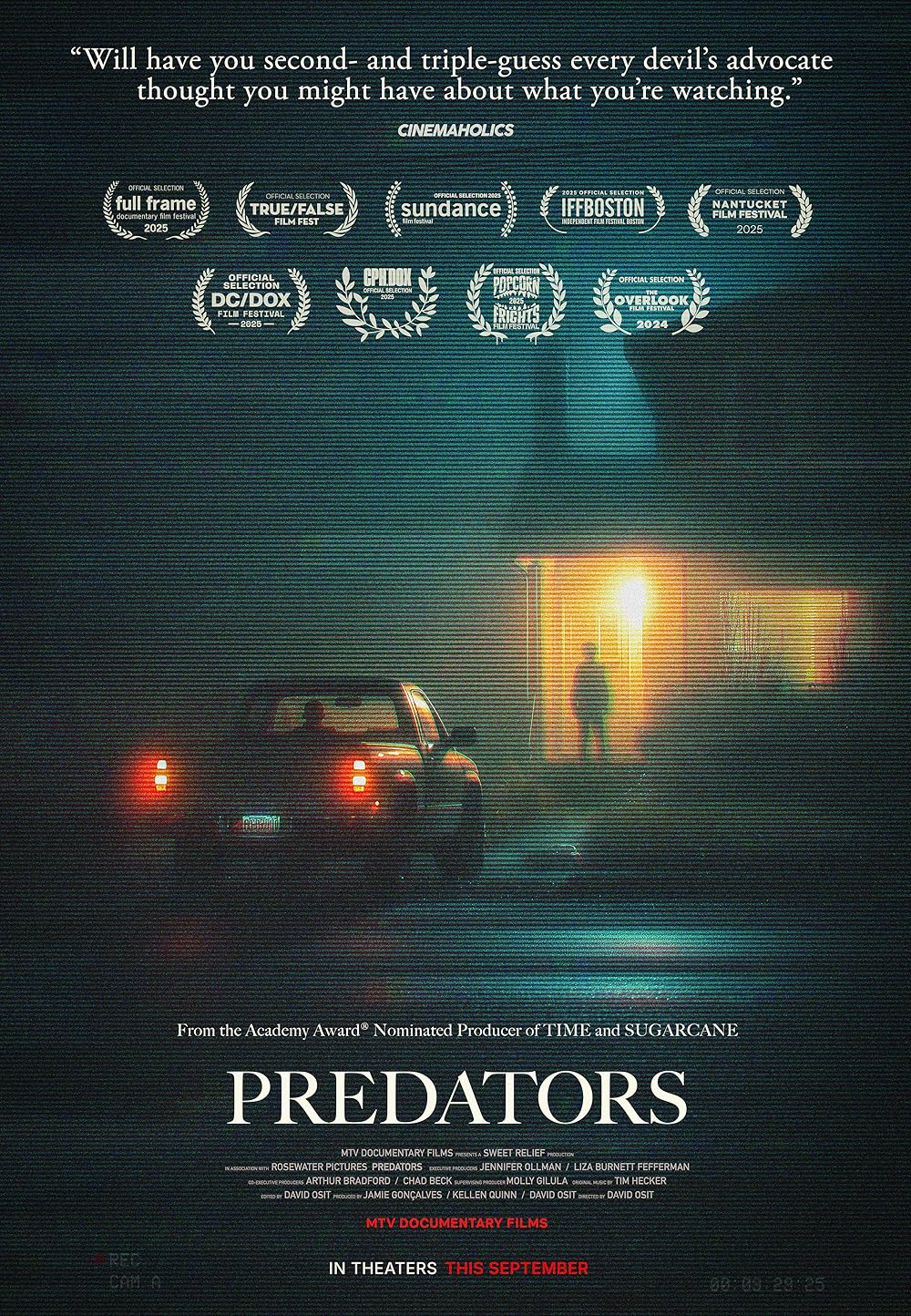
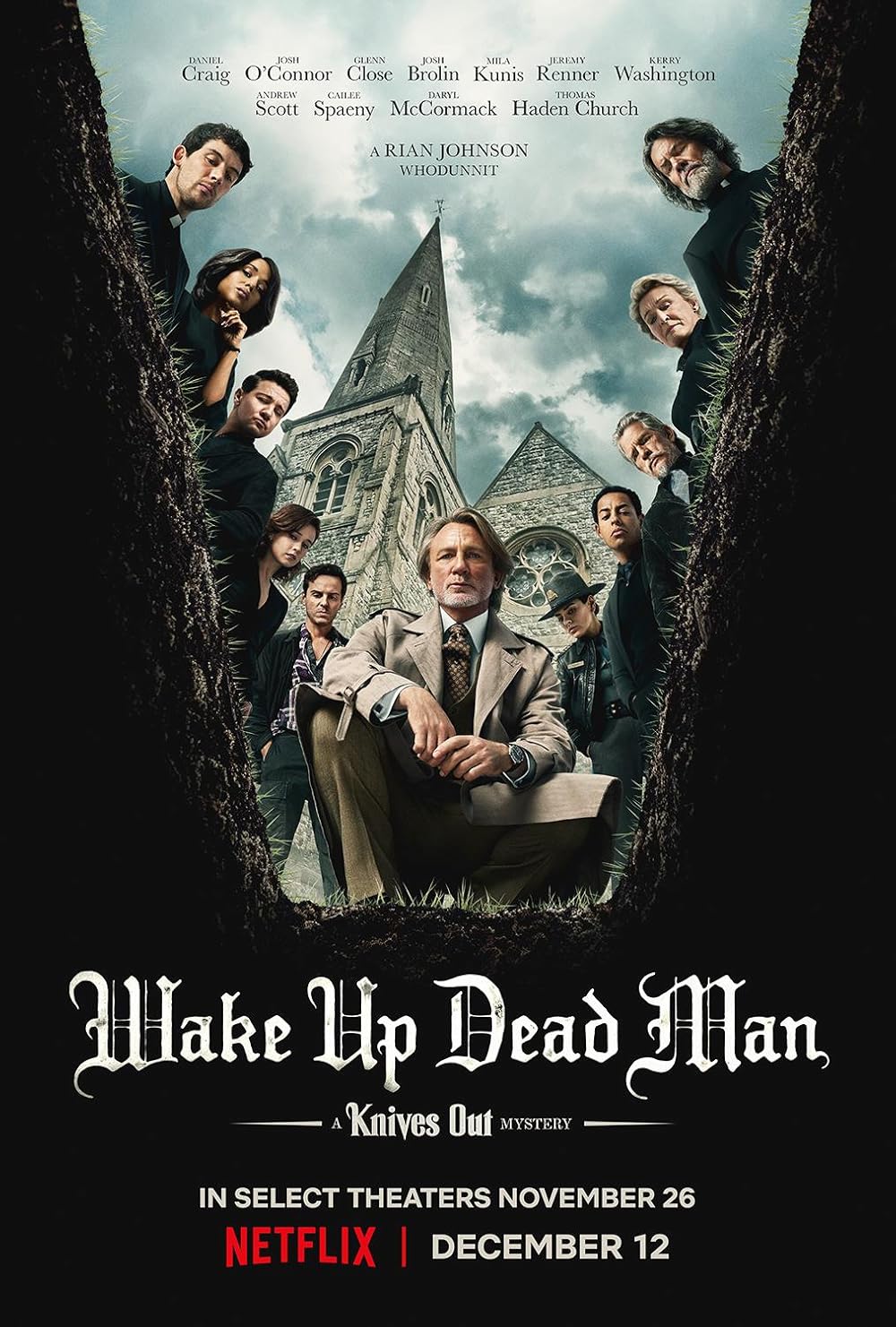 |
December 5, 2025


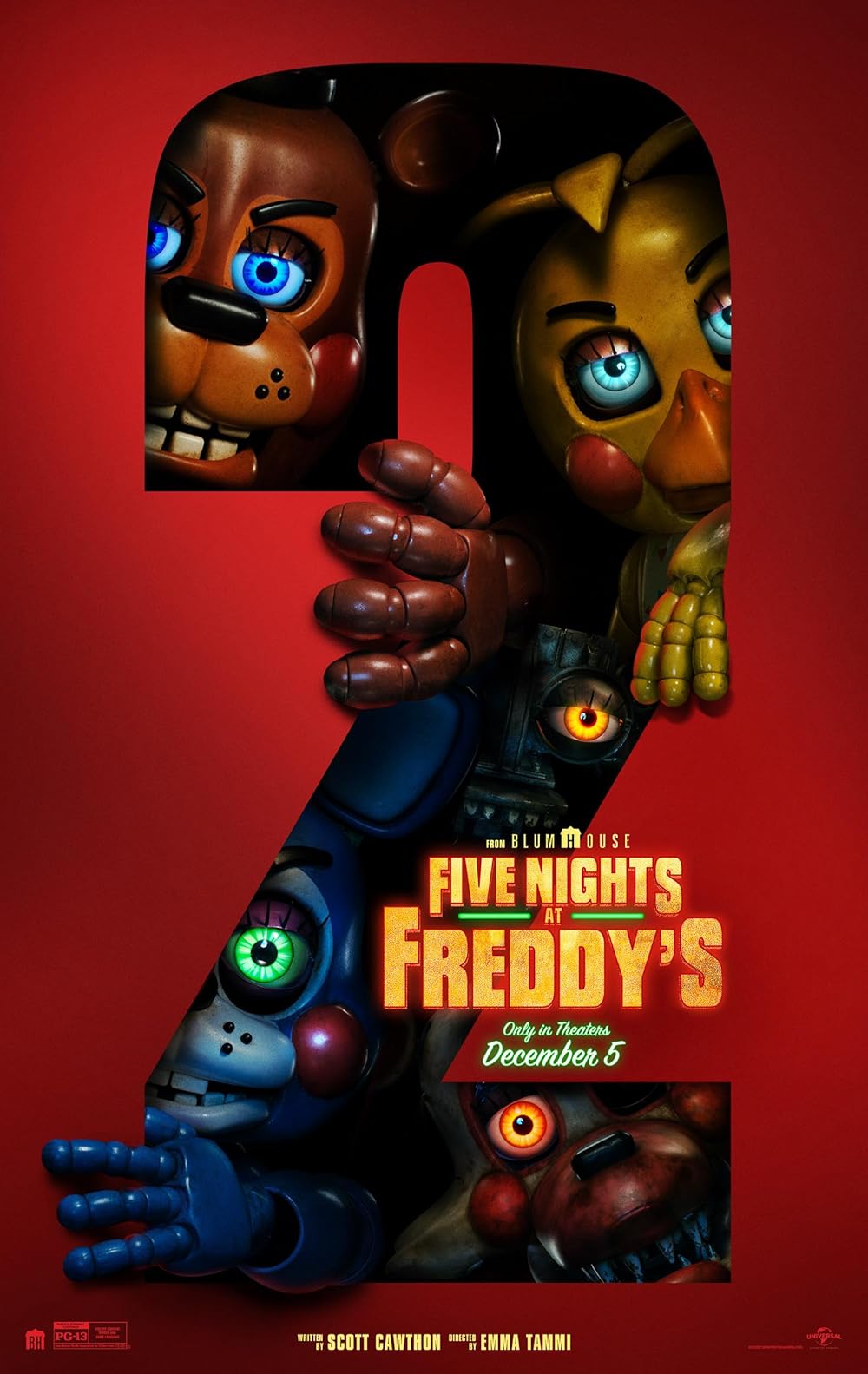



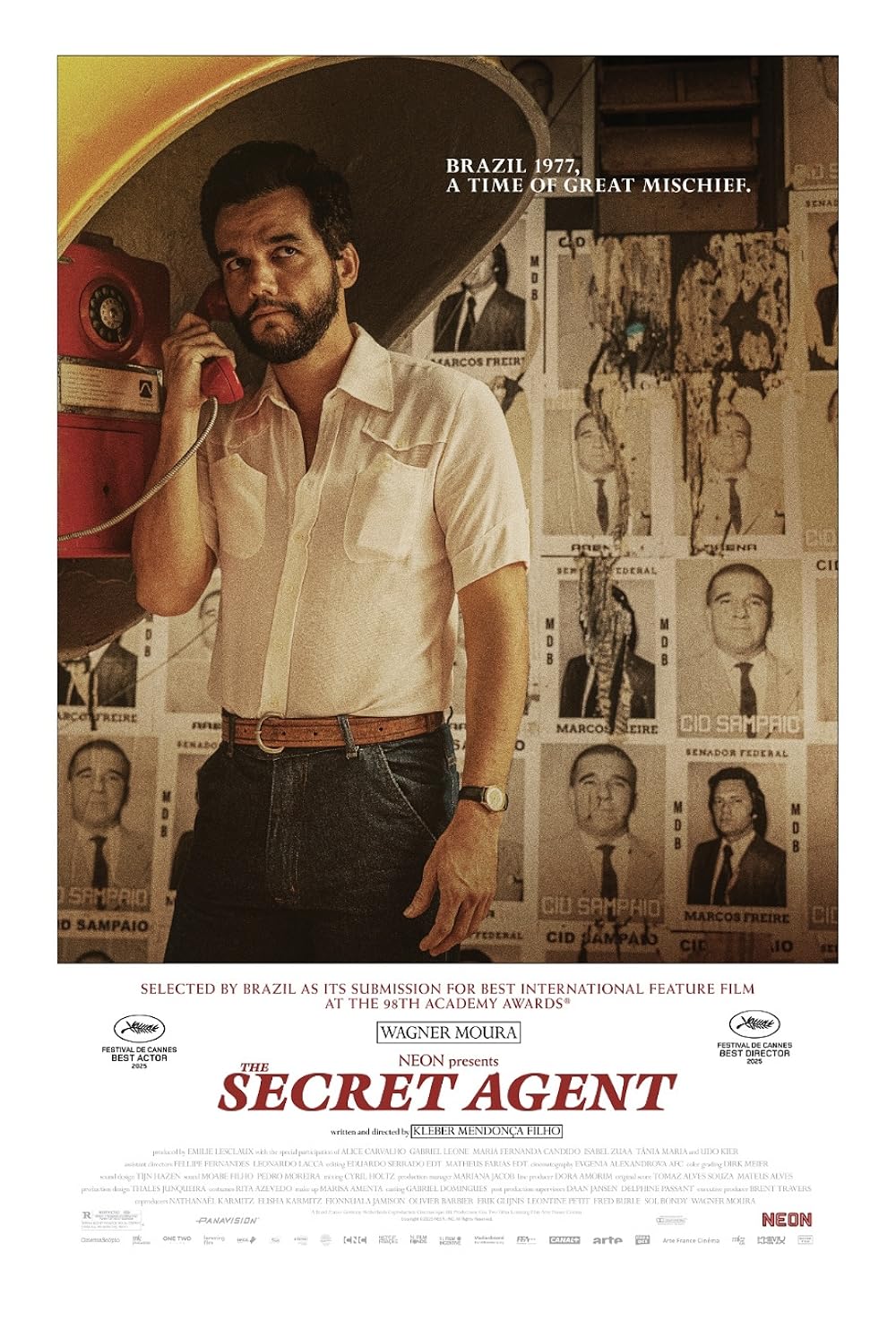 |
|
|
|
In the Heat of the Night
(1967)
Directed by
Norman Jewison
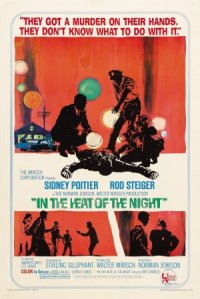
Review by
Zach Saltz
What we
remember most fondly from
In the
Heat of the Night (1967) is Sidney Poitier’s stirring “They call me
Mr. Tibbs!” parlance, the racist, gum-chewing Chief Gillespie, played in
an Academy-Award winning performance by Rod Steiger, and the modern
recognition of the film being a cornerstone in cinema examining race
relations in America, particularly the south.
What we tend to forget is that the film is primarily a murder
mystery -- an unsuccessful one, with a set-up that’s uninvolving and a
conclusion that is simply outrageous and convoluted.
But I think most viewers can forgive its shortcomings; the true
value of a film, after all, is the sum of the whole of its parts, and
the effect it leaves on its audience.
What I felt most throughout the film was the same bottled-up rage
of the Poitier character -- anger toward an oppressive and archaic
society that stubbornly refuses to accept African-Americans as anything
more than hoodlums and low-achieving hindrances to society.
Unfortunately, the film’s actual storyline mars its effectiveness as a
much-needed social commentary on the sour state of race relations down
south in the 1960s.
It
involves the murder of a wealthy industrialist found dead late one night
on a street in the town of Sparta, Mississippi, and Poitier, a Philly
cop who just so happens to be at the right place at
the right time, is inclined to stay a few extra days to help
idiot racist Police Chief Gillespie (Steiger).
It would be easy enough to pick at the problematic discrepancies
laced in the script, but how much of the actual story of
The Rules of the Game or
Breathless do we really
remember?
It’s more
important to identify the film an important piece of cultural cinema, as
a symbol of the changes that were to come as a result of people’s minds
being opened as they flocked to theaters in 1967 to see it.
That’s not
to say
In the Heat of the Night
is entirely devoid of interest in its story -- the scenes of hot racial
tension are what resonate the best.
The central conflict between the two men is Gillespie’s maligned
assumption that Tibbs believes he’s better than everyone else (which, of
course, he is) and Tibbs’ own astonishment of the ineptitudes of the
police force.
Indeed, there
are three different instances over the course of the film when Gillespie
foolishly arrests an innocent man and charges him with the murder of the
black sympathizer businessman Colbert -- including Tibbs himself, at one
point.
This leads to the
film’s best scene, as a weary and tired Tibbs is arrested while waiting
for his train to return to Philadelphia.
Gillespie’s reaction to the discovery that he has arrested a
fellow officer is almost worth the price of admission alone.
The
technical aspects of the film are noteworthy due to the A-list roster of
names behind the scenes.
Haskell Wexler’s camera works best when it focuses on the magnificent
faces of Poitier and Steiger; we see Tibbs come THIS close to breaking
it at least three times, and Gillespie’s visage expresses a somber
isolation when he gradually accepts the notion that Tibbs is a better
cop than he’ll ever be.
The
upbeat funk score is unmistakably Quincy Jones, and like the soundtrack
of a certain other film released in 1967,
The Graduate, the music adds
a cultural significance that makes the film timeless.
Sidney
Poitier is certainly an American legend onscreen, and appeared in almost
every racially-themed motion picture of the 1950s and 60s:
Blackboard Jungle (1955),
A Raisin in the Sun (1961),
Lilies of the Field
(1963), A
Patch of Blue (1965), and
Guess
Who’s Coming to Dinner (1967).
He was the Hiram Revels and Jackie Robinson of the cinema -- the
first black actor to get top billing in major motion pictures,
rendering thousands of black actors to find work and inspire a sect of
battered Americans to find strength and solace in their struggle for
equal rights.
And while
Poitier won the Academy Award for
Lilies of the Field, Virgil Tibbs is his most memorable creation; a
brilliant detective as well as a symbol of hope to a ravaged minority of
Americans.
That he refuses
to be referred to as “boy” or “nigger” or even “Virgil” speaks volumes
about even the smallest battles that must be fought -- the struggle to
be recognized as a formal and unencumbered Mister Tibbs.
Rating:

|
|
New
Reviews |
Reactions to the Nominations
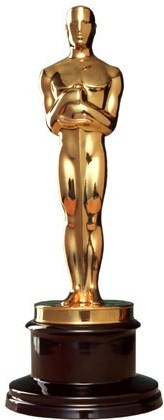
Written Article - Todd |
2026 Oscar Predictions: Final

Written Article - Todd |
Todd Most Anticipated #5

Podcast Featured Review |

Podcast Review - Todd |

Podcast Review - Terry |

Podcast Review - Zach |
10th Anniversary
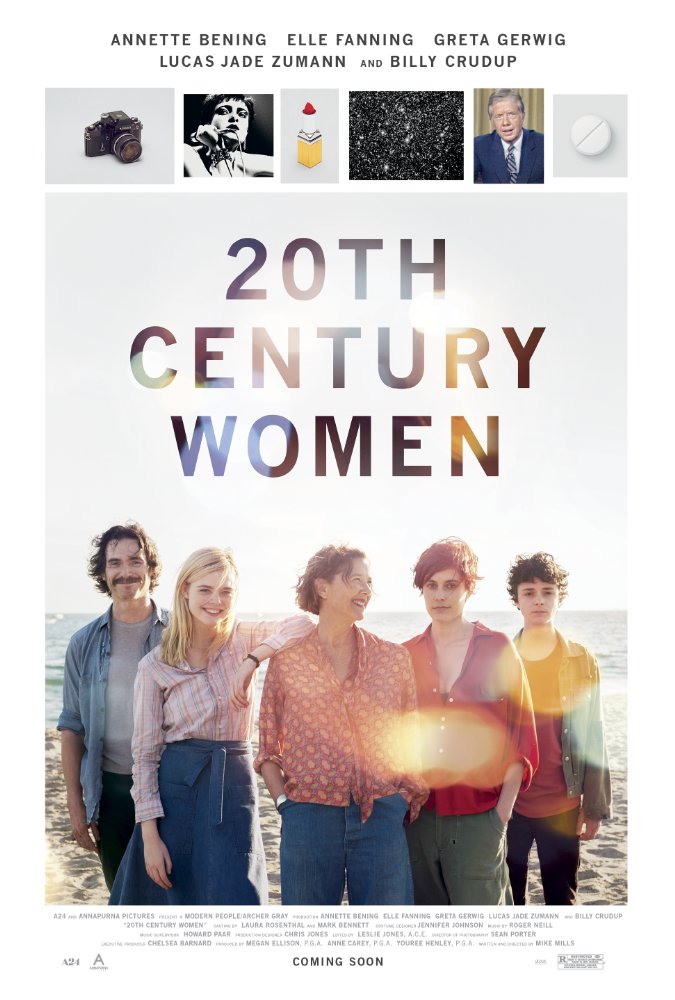
Podcast Oscar Review - Terry |
Director Blindspot Watch
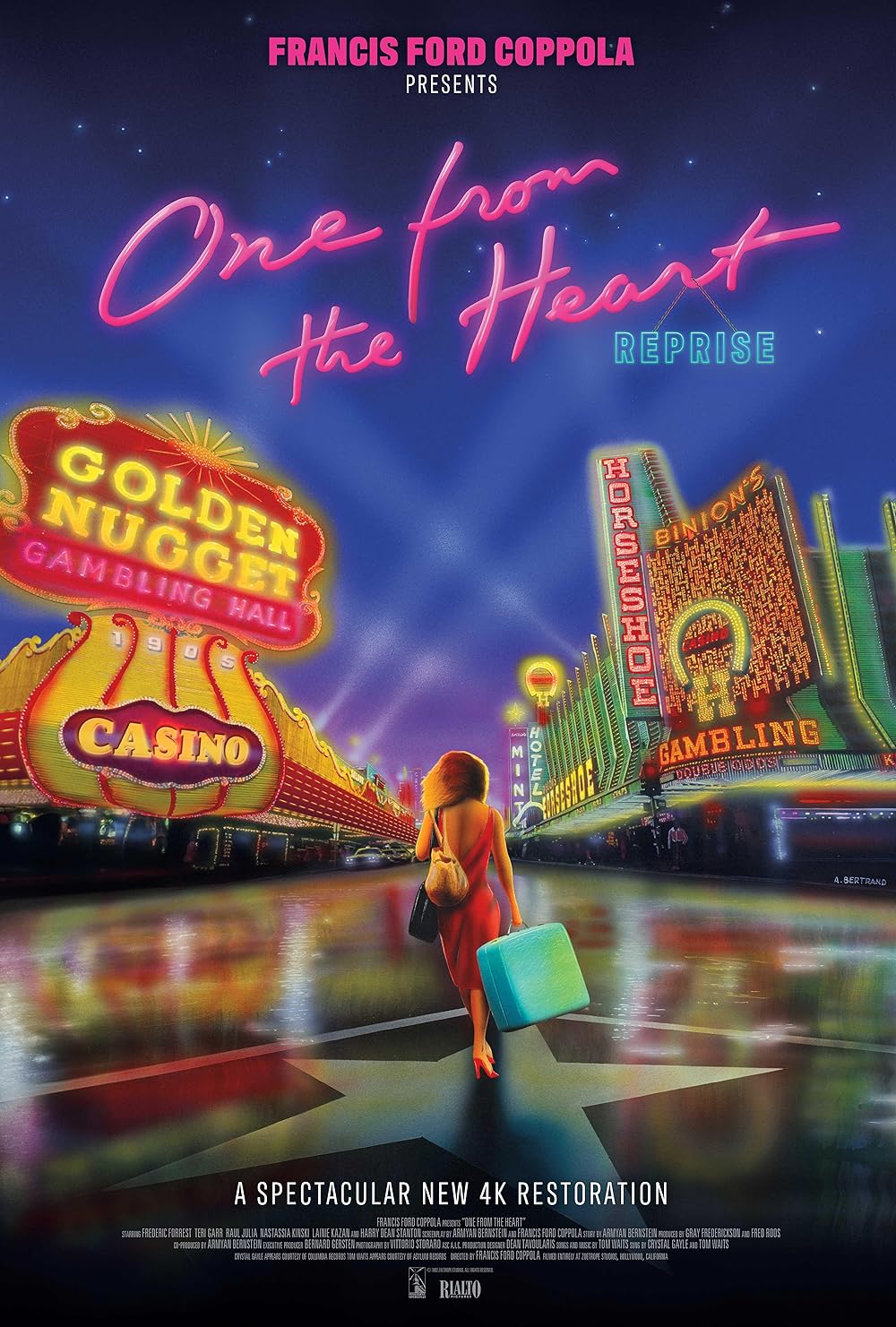
Podcast Review - Todd |
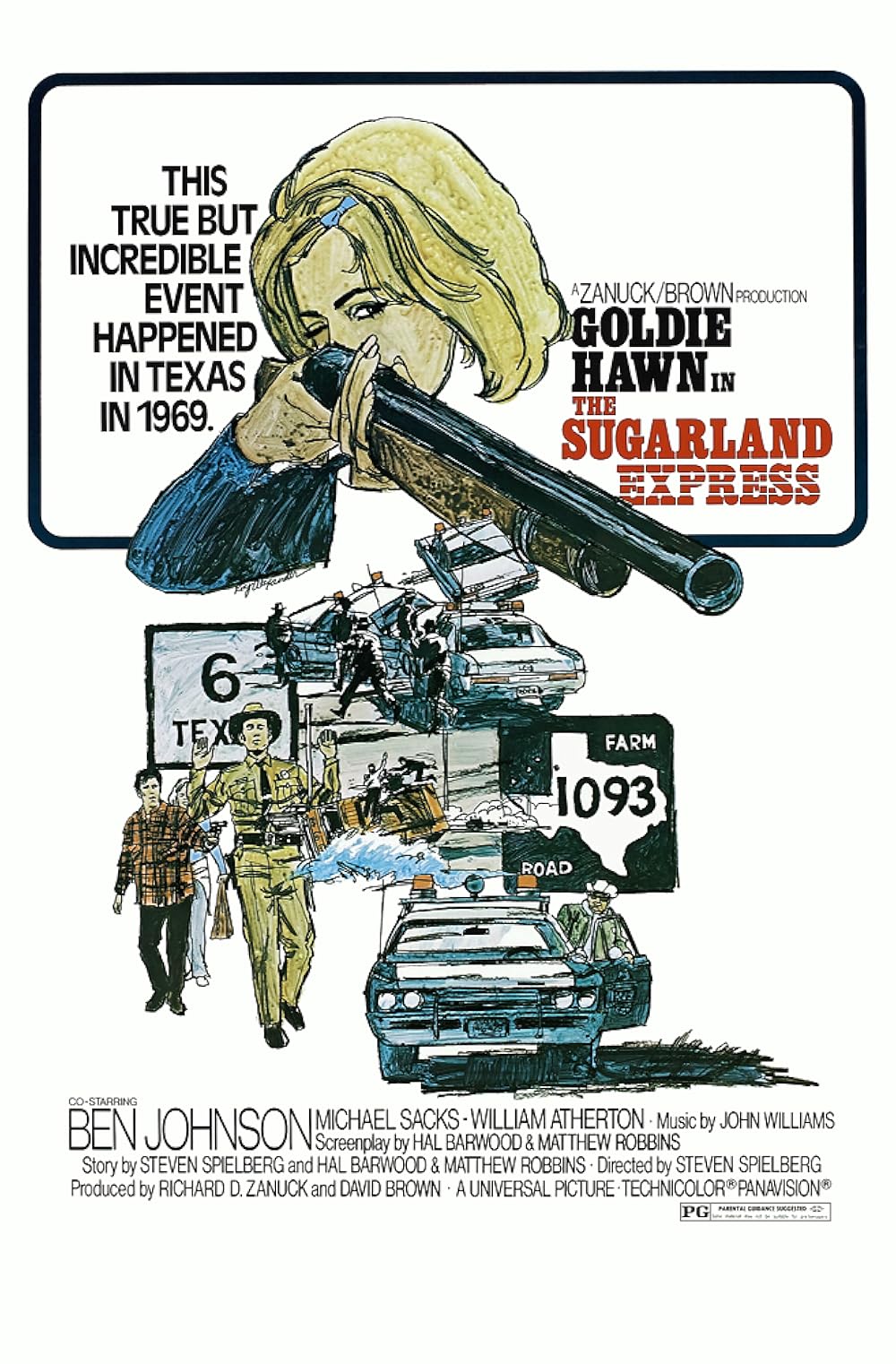
Podcast Review - Zach |
Ford Explorer Watch
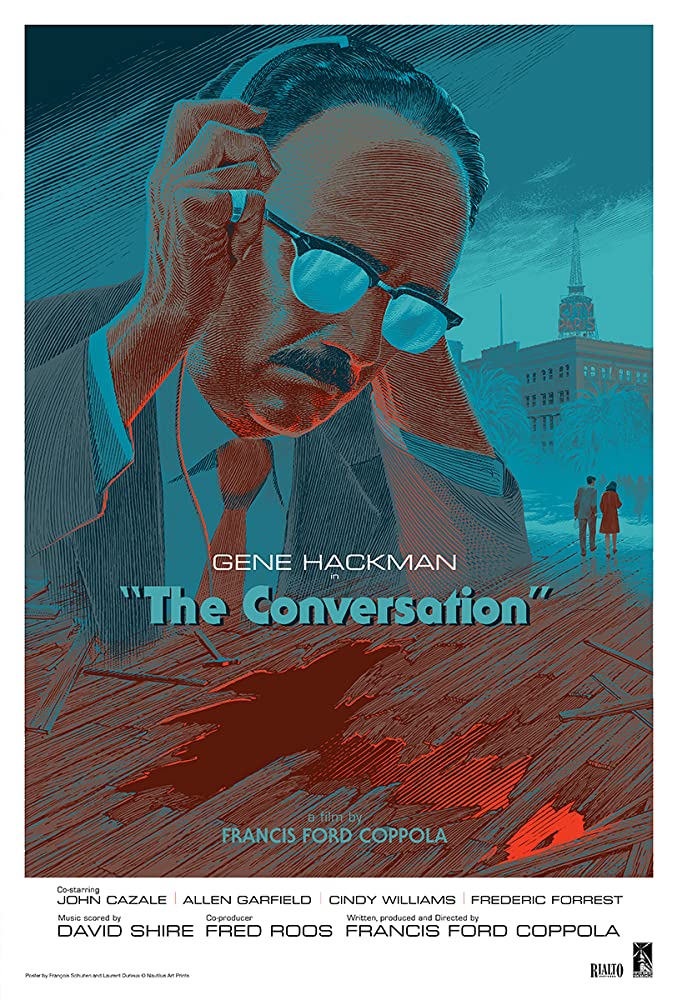
Podcast Review - Adam |
2027 Oscar Predictions: Jan.

Written Article - Todd |
Terry Most Anticipated #2

Podcast Featured Review |

Podcast Review - Terry |

Podcast Review - Zach |
20th Anniversary

Podcast Oscar Review - Terry |
Ford Explorer Watch
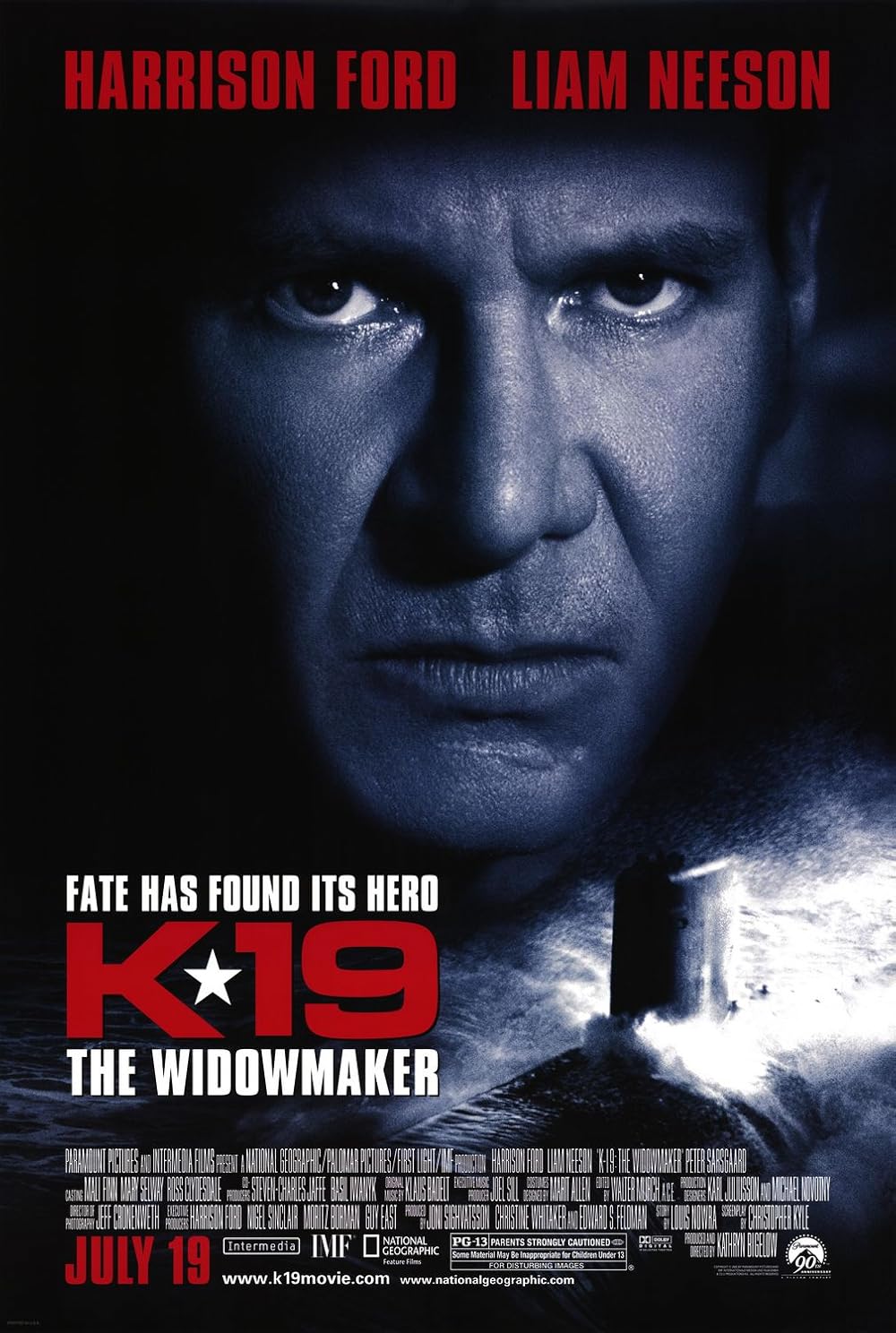
Podcast Review - Adam |

Podcast Trivia Review - Adam |
Director Blindspot Watch
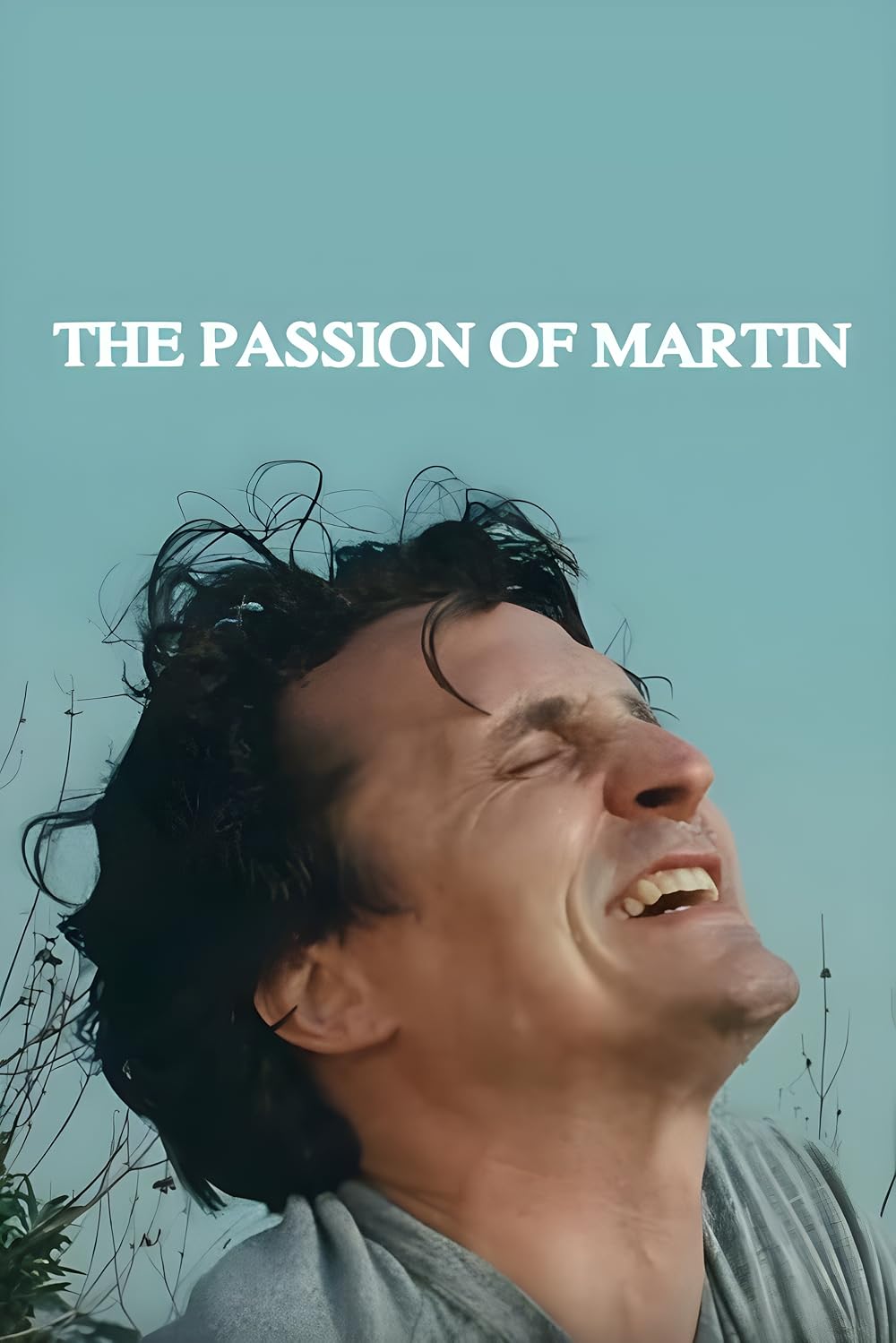
Podcast Review - Todd |

Podcast Trivia Review - Todd |
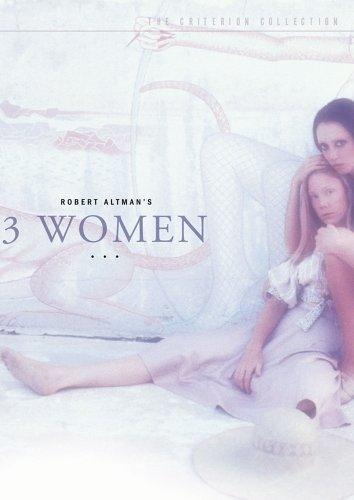
Podcast Trivia Review - Terry |
25th Anniversary

PODCAST DEEP DIVE |

Podcast Featured Review |

Podcast Review - Adam |

Podcast Review - Terry |

Podcast Review - Terry |
Indie Screener Watch
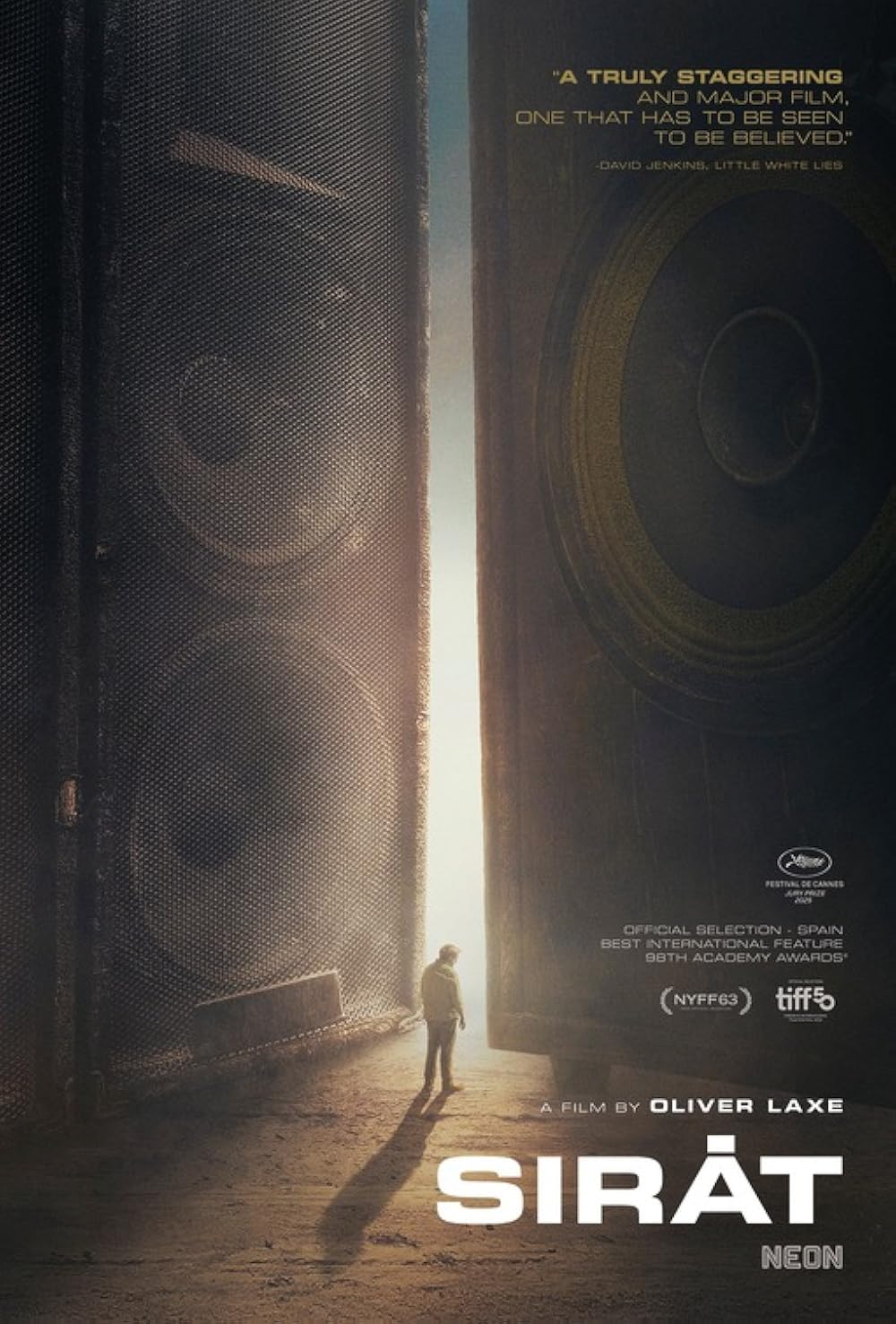
Podcast Review - Todd |
|
|
|